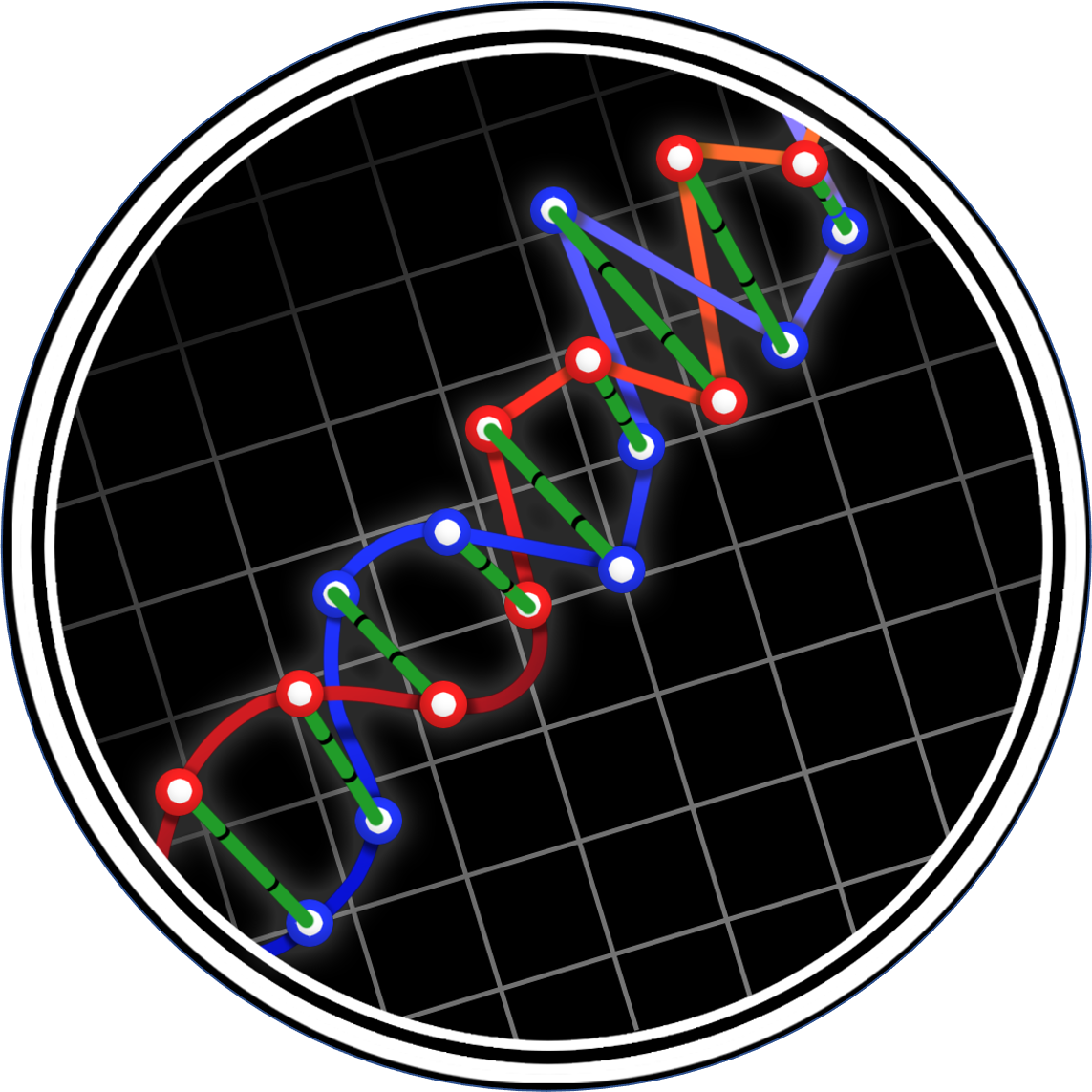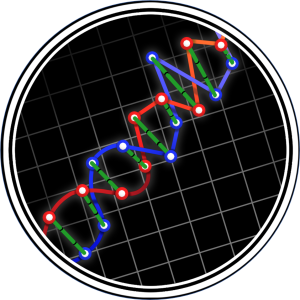
Data and Science with Glen Wright Colopy is a podcast covering critical scientific reasoning, particularly from a data science / machine learning / statistics perspective. Episodes typically focus on understanding of how to be better scientists and critical thinkers for the practical purpose of being a better data scientists. Previously called: ”Pod of Asclepius”
Episodes

Tuesday Jul 21, 2020
Tuesday Jul 21, 2020
Molham Aref and Nathan Daly describe their experience using Julia to build a next-generation knowledge graph database that combines reasoning and learning to solve problems that have historically been intractable. They explain how Julia's unique features enabled them to build a high-performance database with less time and effort. Both Nathan and Molham with be speaking at JuliaCon 2020 at the end of July. It's free and online, so there's no reason not to attend. You can register for JuliaCon 2020 here: https://juliacon.org/2020/
0:00 Intro
1:25 RelationalAI
3:25 Advantages of Julia as a foundation
4:21 "Full stack" data science
5:38 Advantages of Julia in the tech stack
6:30 Technical requirements of RelationalAI
7:45 Advantages of Julia (cont.)
10:00 Data munging, preprocessing, and transparency
14:30 Advantages of Julia (cont.)
18:35 RelationalAI's Innovation
22:00 Data Analysis and taking computational efficiency for granted
23:38 Who are the users of RelationalAI?
25:45 What are "knowledge graphs"?
28:30 Knowledge graphs for AI and Software 2.0
32:43 Julia as "executable math"
34:10 "Multiple dispatch" in a nutshell
36:20 Julia in the scientific community
38:53 See Nathan and Molham again at JuliaCon 2020

No comments yet. Be the first to say something!